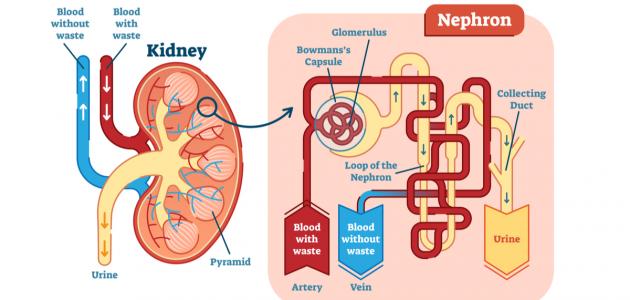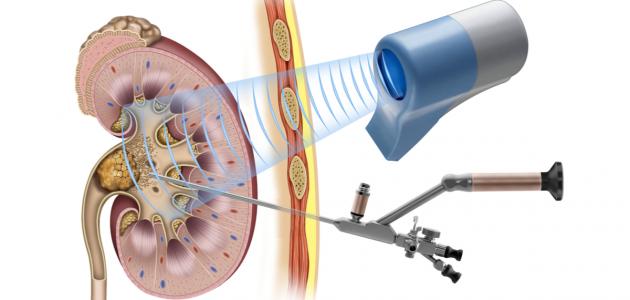Symptoms of kidney infection
Many people are exposed to kidney infection (in English: Pyelonephritis), and the symptoms vary depending on the age of the infected person. Symptoms of infection may usually appear two days after infection, and the infected person must seek immediate medical care when these symptoms appear. Because this type of infection may be life-threatening, the following is a breakdown of the common symptoms that may accompany kidney infection, and then their classification according to age group.
Common symptoms
Common symptoms associated with kidney inflammation include:
- fever.
- Chills.
- Pain in the back, flank, or groin area.
- Abdominal pain.
- frequent urination.
- An urgent and constant need to urinate.
- Burning or pain during urination.
- Nausea and vomiting.
- The presence of blood or pus in the urine.
- The urine has an unpleasant odor or is cloudy.
- Anorexia.
- Feeling very tired or weak.
- diarrhea.
- Feeling tired.
Symptoms according to age
The symptoms appearing on the infected person vary according to his age. It is as follows:
symptoms Inflammation of the kidneys the elderly
The common symptoms of kidney infection may not appear in elderly people over the age of 65, and they may only show mental confusion, slurred speech or vision, or hallucinations. If the infected person does not receive treatment immediately, the condition may worsen and symptoms of sepsis may appear.
Read also:What causes urine color to change to red?
symptoms Inflammation of the kidneys children
When suffering from kidney infection, infants and those under two years of age may only suffer from a very high temperature, without any pain or problems with urination, and the following symptoms may appear in children:
- Lack of body energy.
- Irritability.
- Vomiting or malnutrition.
- The growth rate is different than expected.
- Tummy ache.
- Yellowing of the skin and whites of the eyes, which is known as jaundice.
- Appearance of blood in the urine.
- Foul smelling urine.
- Involuntary urination.
Reasons to see a doctor
People with kidney infection are advised to see a doctor to obtain medical advice. Kidney infection may cause some serious problems that may threaten the life of the affected person. Cases in which it is recommended to visit a doctor immediately include the following:
- If the kidney infection is chronic or long-term; It may cause permanent kidney damage.
- If there are worrying signs or symptoms.
- If the body does not respond to treatment for a urinary tract infection, and the accompanying signs and symptoms do not improve.
- If the infected person suffers from symptoms accompanied by blood in the urine or nausea and vomiting.
- In the event of septicemia, this condition is considered life-threatening, and symptoms of sepsis include the following:
- fever.
- Chills.
- Rapid breathing.
- Increased heart rate.
- Skin rash.
- confusion.
Read also:Harmful effects of dialysis
Article summary
Symptoms of kidney inflammation appear within hours to two days of infection, and these symptoms may differ in infants, children, and the elderly. However, when you notice any of these symptoms, you must immediately go to the doctor to diagnose the condition and receive appropriate treatment.









